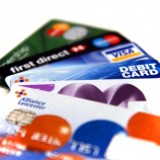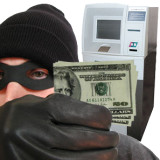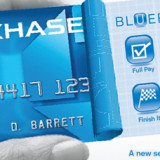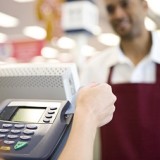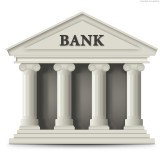Along with a driver’s license, a prepaid debit card can be one of the most important pieces of plastic a young adult can get
Amid all the job losses and bankruptcies, our recent economic downturn has been especially difficult on young people. With a persistently dreadful job market, many college graduates are leaving school with degrees, but few prospects. Thanks to the Credit CARD Act of 2009, those under 21 are also not likely to be entering the adult world with a few years of credit history under the belt; the law prohibits anyone under 21 from getting a credit card unless a parent co-signs or they can prove sufficient income to qualify.
There are plenty of reasons to cheer this legislation. It’s hard to argue that handing out credit cards to teenagers with no income and no restraint was a good idea. Still, credit cards used responsibly could be a real benefit to young people, ensuring them access to financial resources far from home and (hopefully) teaching vital money management skills.
Into the void created by the elimination of credit cards for most young people have come prepaid debit cards, which offer many of the benefits of credit without some of the more distressing pitfalls. Designed to work much like a gift card from a supermarket or bookstore, prepaid debit cards allow a parent to fund the card with as much or little money as they choose, and then the teen can spend that amount when and where she likes. Along the way, hopefully, she can learn something about managing finances. Sending a child out into the adult world with a mountain of debt is obviously bad, but so too is letting them loose without any experience with plastic. Getting a prepaid card may be the answer you’ve been looking for – and it doesn’t even require a bank account.
With all due apologies to David Letterman’s top 10 list, here are 5 reasons parents should hand their teens a prepaid debit card:
1. It can save money. As in, it can save you money. Have you ever handed your kid a $50 bill for a $30 event and asked for the change, only to be told later that there wasn’t any money left? Once you give your son a prepaid card, he has exactly what you put on his card, nothing more.
2. It teaches budgeting skills. Think about it. Let’s say your kid is off at college, or even in high school and still under your roof. If you want to teach them that spending decisions have consequences, simply fund a prepaid debit card with an amount you decide is reasonable for a month and step out of the way. Sure, your teen can go out and blow the entire amount in a night. But if you stay strong and don’t replenish the card’s account, they’ll probably do better the next month. Weeks of eating nothing but Ramen noodles can provide invaluable focus.
3. It also teaches priorities. Ultimately, how we spend our money says a lot about what matters to us in life. And the same is true with teens. By handing over a prepaid debit card and giving them the freedom to choose how to spend it, you are helping them figure out the experiences and material things that really add value to their lives.
4. Training wheels for credit cards. Unless things go terribly wrong, your teen will eventually get a credit card. Having used a prepaid debit card for a few years beforehand should give them the chops to handle credit. “Prepaid debit cards do offer a safe environment for young people to learn how to transact using plastic. Most young people will eventually use credit cards, and learning about financial responsibility in a controlled environment offered by a prepaid card will likely benefit future credit card users,” says John Ulzheimer, president of consumer education at SmartCredit.com.
5. It can prevent a financial emergency. Adults of a certain age can probably still remember how we convinced our parents that it was a good idea to get a credit card when we were young. You know, by scaring the heck out of them with tales of losing cash and being penniless in a faraway city. Well, like it or not, the tables are turned and the same story ought to work on you now as a parent when it comes to prepaid cards. But guess what, you were right then and they are right now. Prepaid debit cards, like credit cards, can be cancelled and reissued when lost or stolen in a way that cash simply can’t.
Of course, there are fees associated with prepaid cards — though the money you lose when your teen forgets to give you change might well exceed those fees. So go ahead and get your teen a prepaid debit card and begin them on their journey towards becoming a financially responsible adult.
